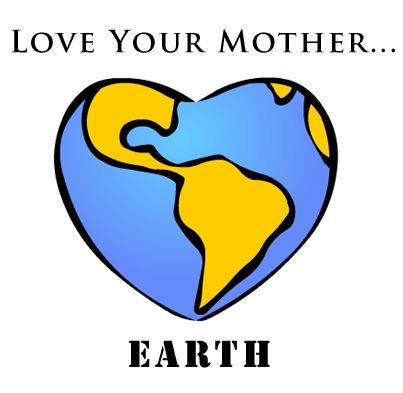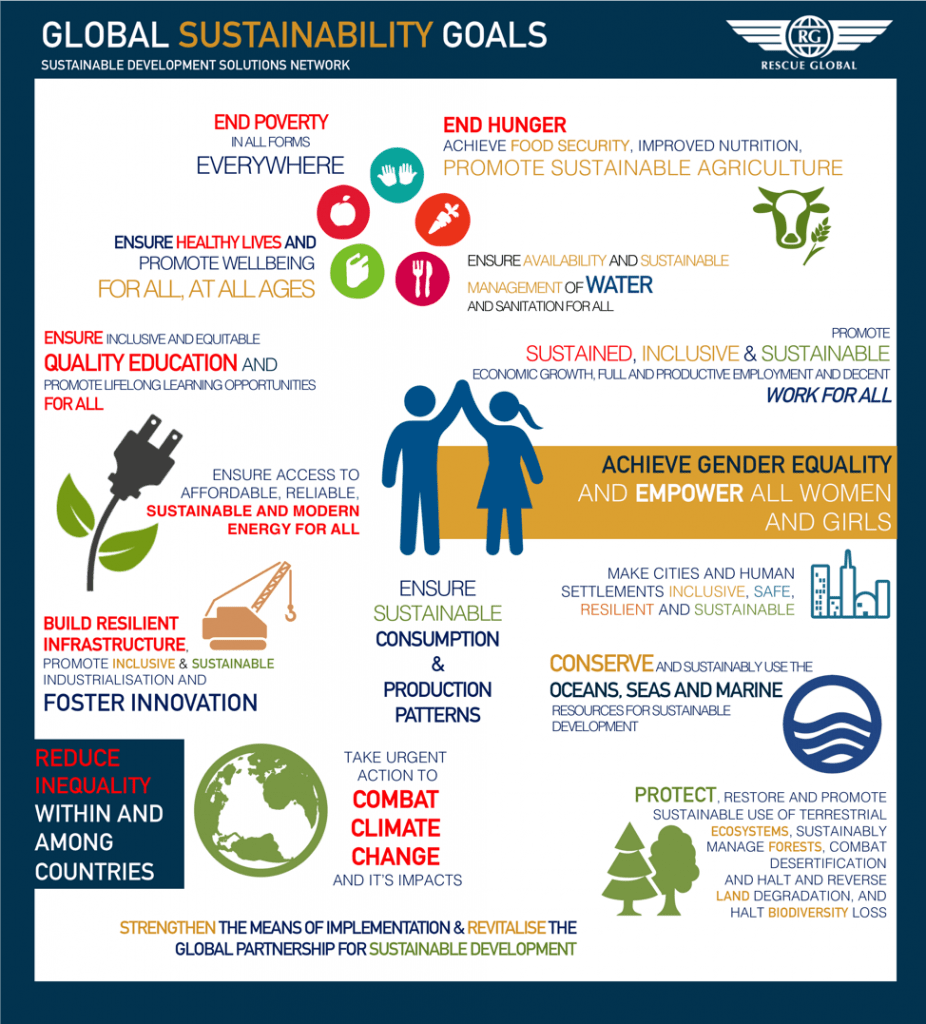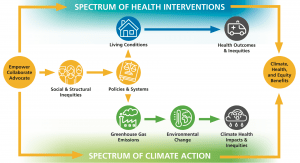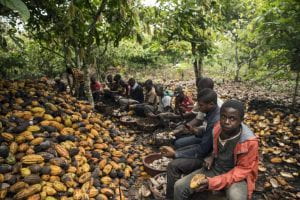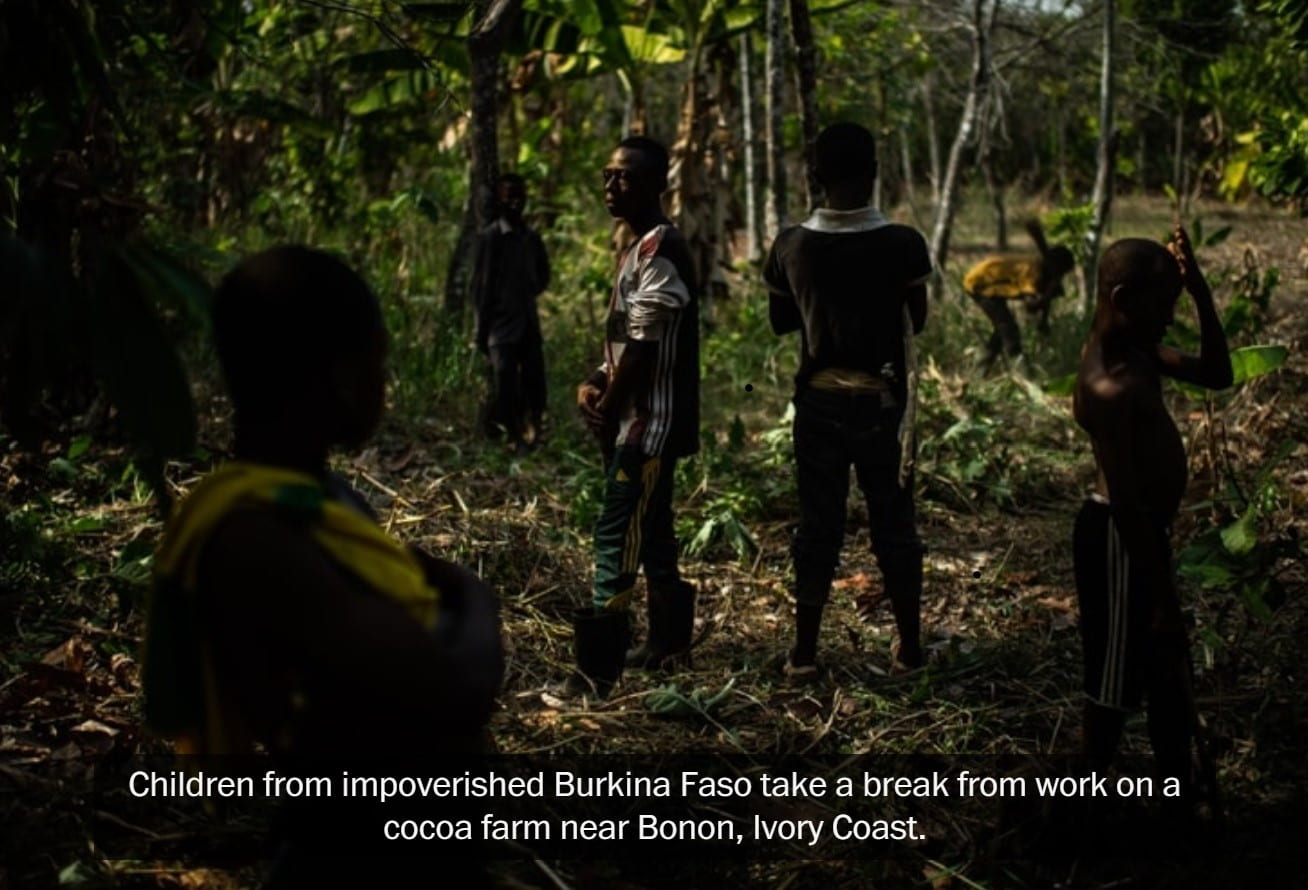In response to Cat Kelly’s “How are You?”
I scrolled through nearly all, and read many, of the blogs thus far posted in search of something to respond to. Many topics, paragraphs and links earned my attention and over an hour later I felt overwhelmed with choice. But then I read Cat Kelly’s reflection on our very first contemplative practice. This meditation was the simplest, Professor Litfin simply asked us to explore our feelings in the present moment.
Cat’s reflection was piercing to read. I too have felt the need to slow down and (even before this pandemic) the need to “enjoy my life the way I like to enjoy it, not how America trains us to enjoy it”. Cat hit every nerve with me, writing about the desire to not over-achieve or over burden herself with work. She wondered if she could just live for herself right now and peel away all the expectation.
I want to yell to Cat and to everyone “Do it! Slow down! This is a hard moment! And this is a big moment!!”. You see Cat, I believe that this pandemic has given you the pause and opportunity to let go of some of those socially imposed expectations that you normally hold on to. This is wonderful. But also, I do not believe that the overwork, over-achievement, overproduction and over-consumption you are normally pressured into participating in is a good normal, nor should we be desperate to return to it.
A friend recently sent me an article from the Chronicle of Higher Education entitled “Why You Should Ignore All That Coronavirus-Inspired Productivity Pressure”. Distilling the message of this piece into a sentence would go something like this: slow down and take a breath because all of your panicked productivity is an expression of your desire that the world get back to normal, but the truth of the matter is we are living through a world-changing-crisis and what we all need to be doing is processing the fact that our world will not go back to what is was before… ever. While this message is tough to swallow and difficult to process, there is also enormous potential in this reality. As the author Aisha Ahmad writes,
Be slow… Let it change how you think and how you see the world. Because the world is our work. And so, may this tragedy tear down all our faulty assumptions and give us the courage of bold new ideas.
What could these bold new ideas hold?
To turn to our food system, as we all slow down perhaps we will see the world with fresh and adjusted eyes now brave enough to face what is crumbling. Hopefully some of the most unjust, dangerous and corrosive aspects of our food system will reveal themselves to be no-longer ignorable in the fabric of a new world shaped by greater understanding of the potential for catastrophe. As Paolo Di Croce, the secretary general of Slow Food International, said in a recent video “this fight to change the food system is more important now than ever”.

An Image from a World Economic Forum web page entitled “COVID-19 is exacerbating food shortages in Africa” — Many systemic food problems may come to a head during this crisis, revealing our broken system
Perhaps if we all slow down, as Cat suggested, adjust to the harshness of this crumbling world and emerge on the other side of our individual emotional struggles with renewed bravery, we will then have the courage to take up good fights to change this new world for the better.
In some ways, this could be a fresh start. But first we must slow down and accept that it is happening.
-Aisling Doyle Wade
Sources:
Ahmad, Aisha. 2020. “Why You Should Ignore All That Coronavirus-Inspired Productivity Pressure.” The Chronicle of Higher Education, March 27, 2020. https://www.chronicle.com/article/Why-You-Should-Ignore-All-That/248366.
